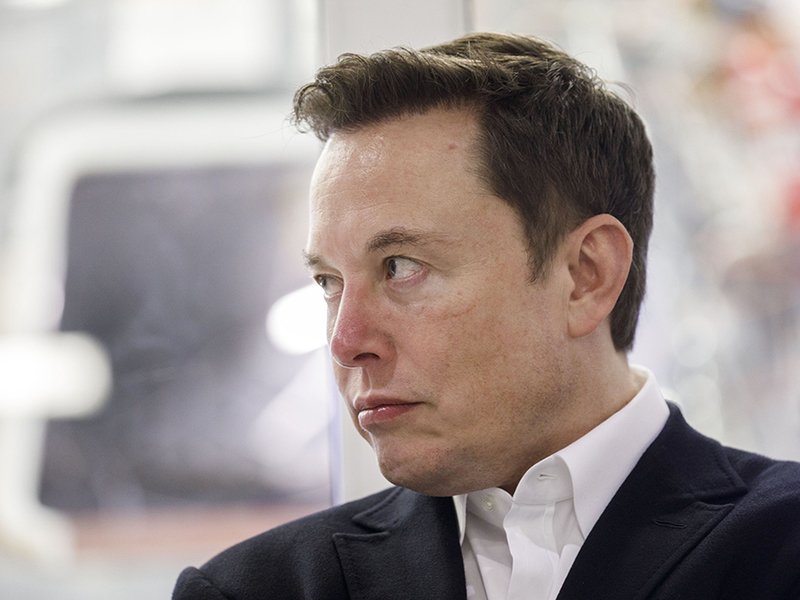
All Tesla Inc. directors except CEO Elon Musk agreed to a $60 million settlement to resolve shareholder lawsuits over the company’s purchase of SolarCity, according to people familiar with the deal.
Insurers covering Tesla’s directors and executives will foot the bill as part of a so-called derivative settlement, two people familiar with the accord said Wednesday, declining to be identified because they aren’t authorized to speak publicly about the deal.
Musk and the board were accused of duping investors in 2016 into backing the $2 billion buyout of the solar-panel installer, which was co-founded by Musk and his cousins.
Pension funds that objected to the deal are likely to press ahead with a March trial against Musk over his alleged failure to disclose SolarCity was in deep financial trouble when he urged shareholders to back the buyout.
Of Tesla’s nine directors, only four are holdovers from when the company acquired SolarCity: Musk, who was forced to step down as chairman in 2018; his brother, Kimbal Musk; and venture capitalists Ira Ehrenpreis and Steve Jurvetson.
Tesla representatives and Chairman Robyn Denholm didn’t respond Wednesday to requests for comment on the partial settlement. Details of the settlement are to be be made public Thursday in Delaware Chancery Court.
In earlier court filings, Tesla officials defended the directors’ work in reviewing the SolarCity deal, claiming “both the process and the price of this acquisition were inherently fair to Tesla’s stockholders.”
Critics of the deal called it a bailout for SolarCity and said it raised questions about the Musk-led company’s corporate governance. Tesla added independent directors after some shareholders complained its board was too closely tied to the chief executive officer.
The settlement comes as Tesla reported better-than-expected revenue and the accelerated arrival of its next electric vehicle, sending shares soaring in after-hours trading Wednesday. The Model 3 maker’s $7.38 billion in fourth-quarter sales carried the company to its second consecutive quarterly profit.
The accord leaves Musk, Tesla’s largest shareholder, to battle alone against investors who complain the billionaire overpaid for SolarCity and directors rolled over, instead of properly scrutinizing the deal. Judge Joseph Slights III will hear the case in Wilmington without a jury, which is normal in the Chancery Court.
Musk painted the SolarCity deal as a natural for clean-energy customers, merging the U.S.’s top electric-car maker with what was then the largest provider of rooftop solar panels.
Tesla now has roughly 400,000 solar customers, one of the U.S.’s biggest renewable-energy portfolios. It ran into a stumbling block when Walmart Inc. sued it last year, saying the company’s rooftop panel systems caused fires at stores and warehouses. The companies later reached a settlement.
Efforts to integrate SolarCity coincided with Tesla struggling to ramp up production of its all-electric Model 3 sedan, and that put the company under financial pressure, Musk acknowledged in emails unsealed as part of the investors’ suits.
In one email, Musk said he was forced to shift SolarCity workers to help with Model 3 production issues. If he hadn’t done that, Tesla would have faced bankruptcy, he said.
He admitted in a pre-trial deposition that he probably wouldn’t make the same deal again.
“At the time I thought it made strategic sense for Tesla and SolarCity to combine. Hindsight is 20/20,” he said. “And if I could wind back the clock, you know, I would say I probably would have let SolarCity execute by itself; would have let Tesla execute by itself.”
The case is In Re Tesla Motors Inc. Stockholders Litigation, No. 12711, Delaware Chancery Court (Wilmington).